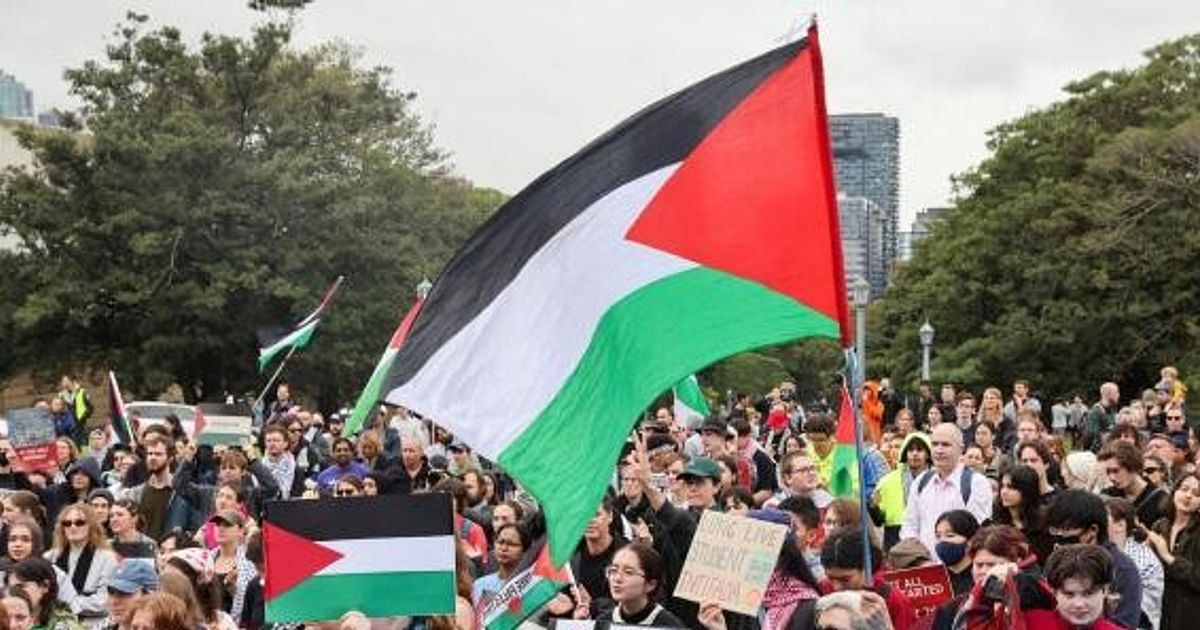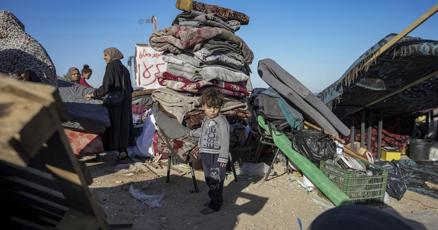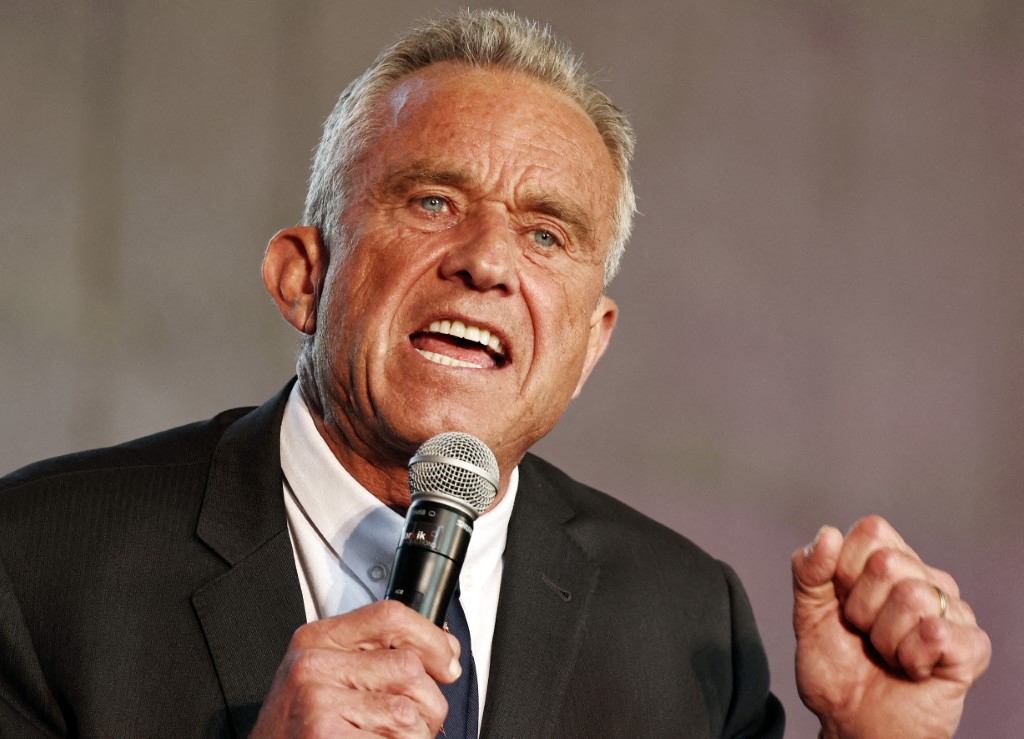Iran-Israel Tensions Escalate with Warnings and Strikes Amid Nuclear Deal Deliberations
The geopolitical chessboard of the Middle East witnesses a tense standoff with Iran's warning to Israel, military posturing, and strategic maneuvers grounded in a historical context of clandestine confrontations.
Published April 24, 2024 - 21:04pm

Image recovered from debate.com.mx
Recent developments in the Middle East have seen an escalation in tensions between Iran and Israel, marked by stern warnings from Iranian President Ebrahim Raisi and a series of missile and drone strikes. Raisi's threat that there might be nothing left of the 'Zionist regime' if Israel attacks Iranian territory has reverberated through the region, highlighting the volatility of Iran-Israel relations. This follows Iran's response to an Israeli airstrike on its consulate in Damascus with over 300 drones and missiles, a move that tested the prowess of Israeli air defenses. Amid these escalating threats and actions, reports suggest a strategic dimension where confrontation may be shifting from the shadows into the open.
While the Iranian military's aggression signifies a more bold and direct approach, it also unfolds in the context of international diplomacy, with Iran reportedly reaching out to the United States to resume stalled negotiations on the Iran nuclear deal. Analysts speculate that Iran may be leveraging its recent military skirmishes with Israel as a bargaining chip to reboot discussions on the accord, initially established under President Obama and abandoned by the Trump administration in 2018. The Iranian leadership appears poised to change the rules of the game, possibly using diplomatic initiatives to deflect sanctions and isolation imposed by Western countries in response to their support for groups like Hamas and their involvement in the Gaza conflicts.
As Tehran mulls an official visit from the International Atomic Energy Agency's (IAEA) Director General Rafael Grossi, the region ponders on the implications of Iran's seeming change in tactic. This new phase of open confrontation with Israel has wider implications, potentially reshaping the locus of power and influence in the Middle East. With both countries holding their ground, the risk of further escalation remains high, prompting the international community to call for restraint and a measured approach to conflict resolution. Iran's re-engagement with the US over the nuclear deal could either ease tensions or add another layer of complexity to an already intricate geopolitical puzzle involving nuclear capabilities, regional dominance, and proxy warfare.
The situation between Iran and Israel brings into the spotlight not only regional dynamics but also the global stakes surrounding nuclear proliferation and peace diplomacy. The charged rhetoric from President Raisi, juxtaposed against Israel's heightened security responses, underscores the deep-seated animosity and historical complexities shaping these interactions. The international community remains on edge, with the European Union and the United Nations monitoring developments that could compromise regional stability or trigger a broader conflict with global repercussions.
Israel, widely believed to possess its own nuclear arsenal, sees Iran's nuclear ambitions as a direct existential threat, a perspective that has often been the driver behind its aggressive security posture. The alleged airstrike on Iranian soil is indicative of Israel's preemptive defense strategy, designed to neutralize perceived threats before they fully materialize. Iran's retaliatory drone and missile strikes, on the other hand, represent a significant escalation that could alter the strategic calculus for the Israeli Defense Forces and lead to further regional militarization.
The international community, notably the IAEA, recognizes the urgency to mediate and restore some form of dialogue between the rival nations. Notably, the US has significant leverage and interest in the potential reinvigoration of the nuclear deal with Iran, as it deeply influences the strategic balance in the region. With the Biden administration signaling its willingness to rejoin the Joint Comprehensive Plan of Action (JCPOA), there is cautious optimism for a diplomatic pathway to de-escalate the conflict. The future of Middle Eastern geopolitics could hinge on the success or failure of these talks.
In parallel to these events, Iran's influence over militia groups across the region is another layer in the geopolitical stratagem. From Syria to Yemen, and especially in Lebanon with Hezbollah, Iran has been involved in multiple proxy engagements that further complicate the delicate balance of power. Israel's security strategy extends to countering these groups, which it considers extended arms of Iranian influence surrounding its borders. The international community is increasingly concerned about the potential for these tensions to spill over into neighboring countries and cause unforeseen consequences.
Moreover, as Iran continues to push the boundaries of acceptable international conduct, it faces mounting pressure from within. Protests and internal dissent highlight the economic and social challenges that sanctions have exacerbated, potentially influencing Tehran's urgency to negotiate. Analysts keep a keen eye on domestic Iranian politics for signs that external pressures may resonate within the country's leadership calculus, potentially altering its approach to foreign policy and diplomacy.
As global leaders and institutions call for de-escalation, the faith of the nations and people of the Middle East hangs in the balance. It is a region historically fraught with conflict but also yearning for peace, looking towards an outcome where diplomacy conquers escalation, dialogue replaces hostility, and mutual respect supersedes enmity. The months ahead promise to be critical, with the world watching closely how the interplay between aggressive posturing and diplomatic overtures unfolds, determining the fate of regional stability and security.







